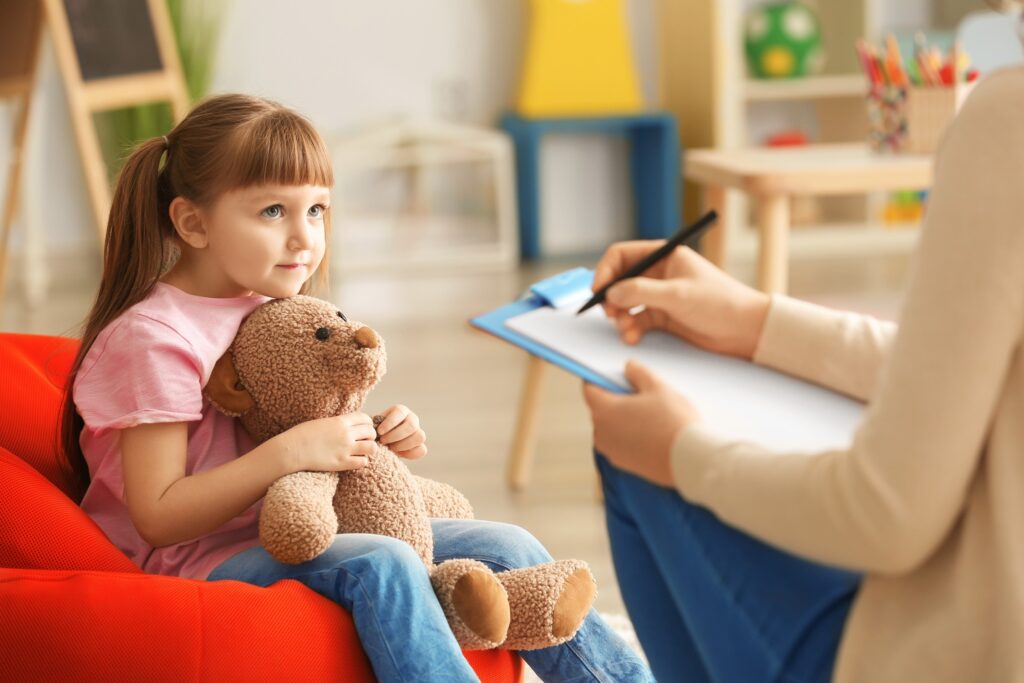
According to a number of recent surveys, the number of children with a mental health disorder in the United States has risen significantly within the past ten years. A new analysis of data published by JAMA Pediatrics indicates that as many as 1 in 6 children between the ages of 6-17 have a mental health disorder such as depression, anxiety, or ADHD. As a result, the United States has seen a rise in child and school psychologists in recent years. University of Tampa student Brooke Beyma is one of the many individuals entering this growing field and is here to share her thoughts on the necessary skills all student psychologists must possess.
Possess Both Empathy and Boundaries
Many empathetic people naturally gravitate towards fields in which they can help others, whether that be as a nurse, police officer, or psychologist. While empathy is a necessity when working as a school psychologist, it is also equally important to understand boundaries. Brooke Beyma states that, far too often, those who enter the psychology field do not set up healthy boundaries between themselves and their patients and, as a result, become burnt out relatively early on in their careers. For this reason, it is crucial that school psychologists be able to empathize with patients while setting up healthy boundaries between work and their personal life.
Good With Children
Regardless of whether or not an individual conceptually wants to become a school or child psychologist and pursues it educationally, they cannot work effectively as a school psychologist if they do not work well with their patient group. Working with children is a unique skill, and requires adults to not only learn to respect children but understand the communication levels of different age groups and work patiently with various age groups.
Know How to Work with Parents and Faculty as Well
While school psychologists spend the majority of their day interacting with students, they will also have to be able to work as a mediator between students and adults in certain situations. If, for example, a student’s parent is currently dealing with alcohol abuse, the school psychologist may need to help train the student’s teachers on how to best help the student through this difficult time. Additionally, with the increase of school shootings in recent years, school psychologists often have to discuss these situations with faculty and parents and educate them on a variety of topics, including warning signs, how to facilitate disturbed students getting help, and the emotional aftermath of a school shooting.
Be Open and Communicate Without Judgement
More than anything, a school psychologist must be able to create an environment that students will feel safe in, which means creating a space free of judgment. When working with children who have had traumatic experiences or severe mental health issues, it can be hard to remain neutral and not act surprised or outraged when learning of a child’s sometimes horrific experience. However, to provide students with guidance and the treatment they deserve, school psychologists must always be aware of the space they curate and whether or not it allows students to express themselves in a safe way.

